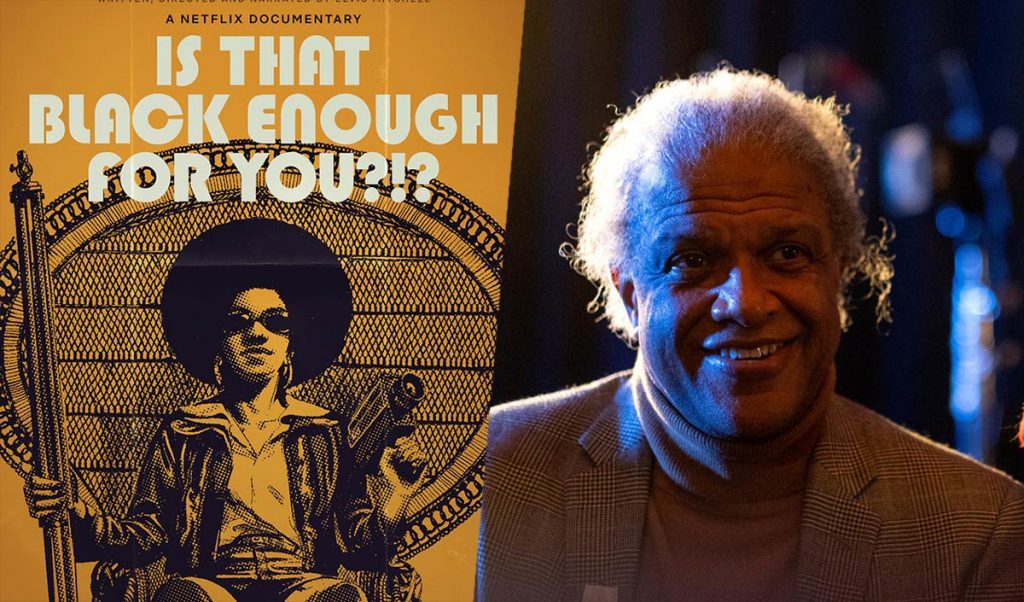In order to create a case for how Black filmmakers revitalized the genre via both formal and narrative experimentation, the culture critic examines a significant decade in American cinema.
Declarations of the existence of Black art take place every few decades, each time with greater reverence than the previous one. There are rumblings of a resurgence and discussions of turning points. Some demographics rush to celebrate its debut, while some who are allergic to trends (or have memories older than ten years) tell us that it has always existed. The discussion of representation, necessity, meaning, and artistry is carried on until it dries up. Then we repeat the process.
Ideas organized in logical manner
Mitchell explains and organises his ideas in a logical manner. The narration has a poetic quality to it as well, showing that Mitchell, who presents the radio programme The Treatment on KCRW, is at ease with the audio medium. An overview of the American cinema industry, which includes the studios’ narrow goal of shaping culture rather than responding to it, is followed by a more in-depth investigation. Mitchell examines these characteristics from every angle, much like a jeweller would when studying rare stones. This encyclopaedic approach can make it challenging to understand the film’s overall goal and core. He provides succinct plot summaries before delving into the most intriguing aspects of the films, from narrative turns to stylistic and genre advances. He weighs these pieces against the raging social conflicts in the distance: Martin Luther King Jr. assassinations, World War II
Is That Black Enough for You?! provides support for viewers familiar with the discourse around Black cinema and isn’t afraid to criticise the exclusivity and conservatism of American cinema. Studios serve as catalysts for the creation of national myths by fostering and sustaining fictitious representations of America. Belafonte, who is featured in this article and is extensively interviewed, is held up as an example of an increasingly uncommon form of creative integrity since he consistently declined parts that either failed to recognise his brilliance or attempted to make fun of him.
The rich and thoughtful
Is That Black Enough for You?!? by Elvis Mitchell, which had its world debut at the New York Film Festival and will be available on Netflix on November 11th, is the kind of art that aims to set us free from this hellish state of intellectual debate. The rich and thoughtful documentary explores the significance and legacy of Black cinema produced from the late 1960s to the late 1970s, a period most known for the abundance of Blaxploitation movies.
Mitchell challenges popular perceptions of that era with his film essay, which combines personal experiences with cultural criticism. He analyses a wide range of movies, including Gordon Parks Jr.’s Super Fly, Melvin Van Peebles’ Watermelon Man, and William Greaves’ Symbiopsychotaxiplasm: Take One, in order to make a case for how Black filmmakers, actors, writers, and musicians revitalised cinema through both formal and narrative experimentation.
The aim of Is That Black Enough for You?! is a success, yet such a comprehensive study requires the appropriate format. While seeing the movie, which has a running duration of more than two hours and covers a lot of territory, I scoffed at the publishers who turned down Mitchell’s book proposal. (Press notes state that Mitchell submitted Is That Black Enough for You?! to a number of publishing houses, all of which rejected him.) Rich, varied, and incisive, his stuff is ideal material for a book or, dare I say it, a lengthier series. An explanatory feature-length documentary can be effective, but due to the necessary cuts, edits, and omissions, some important information is invariably lost.
The best way to think of Mitchell’s documentary is as an educational primer, a (long) tasting platter that will not only broaden your horizons but also leave you wanting more. This is mandatory viewing for viewers who are quick to ignore or are unaware of the achievements of Black filmmakers; for those who believe they are knowledgeable about this period of cinematic history, I advise you to run, don’t walk, to switch on Netflix as soon as it becomes available.
